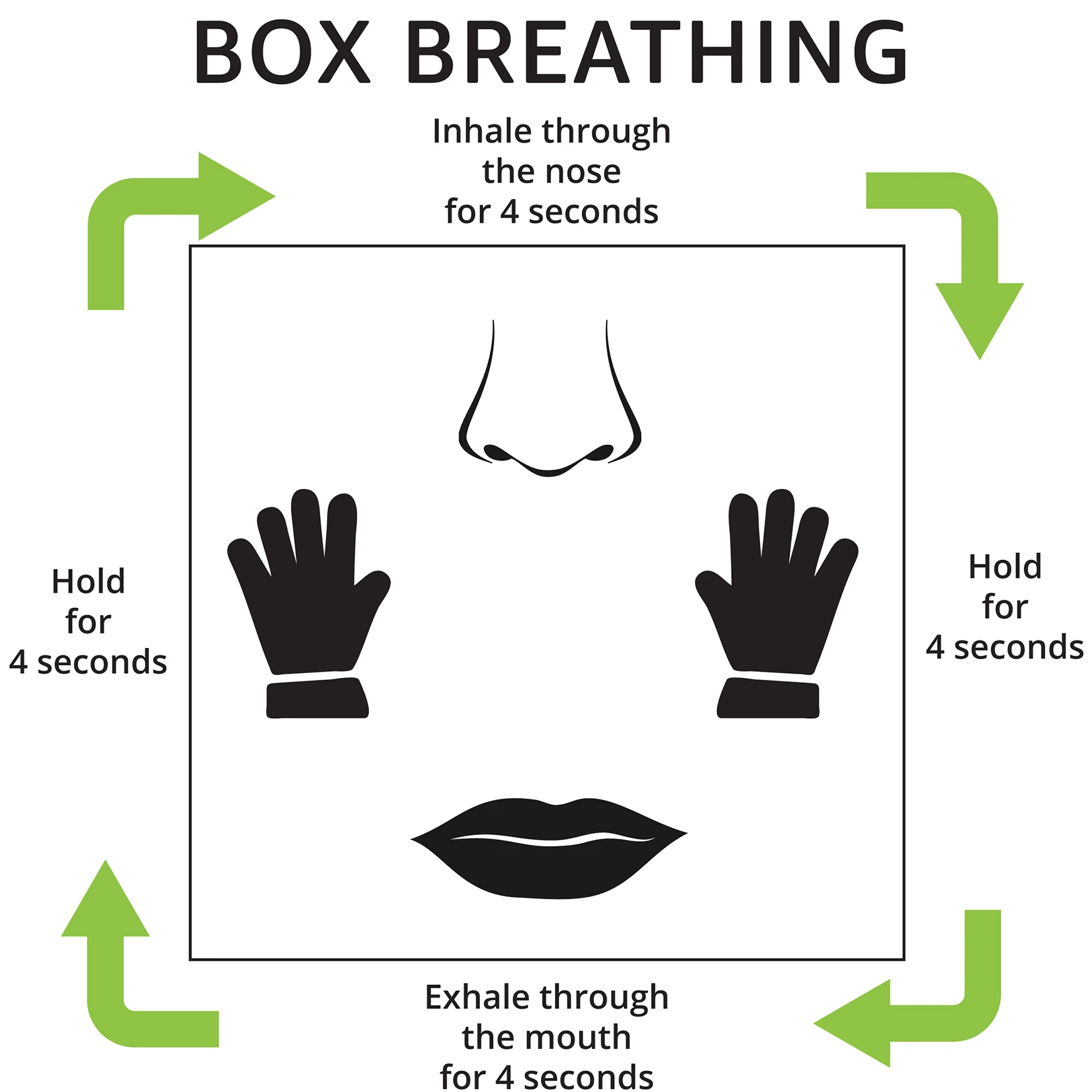
Stress is a normal part of life, but it can have negative effects on your skin. Stress increases cortisol, a fight-or-flight hormones in our bodies. This hormone is very useful in truly dangerous situations because it puts us on high alert.
However, our bodies aren’t designed to be on constant high alert! You may already know that when the flow of cortisol is not stopped, we can experience:
But did you know that chronic stress can also:
Can stress cause dry skin? YES!
Can stress cause skin rash? YES!
Can stress cause itchy skin? YES!
Can stress cause psoriasis? YES!
Can stress cause oily skin? YES!
Can stress cause eczema? YES!
It is crucial to find ways to manage stress levels to reduce the risk of developing skin problems or to prevent existing ones from worsening. Here are some tips for managing stress to help turn off the flow of cortisol and undo all or part of the damage caused by chronic stress.
Exercise can help reduce stress hormones, improve blood circulation, and boost your mood. Aim for at least 30 minutes of moderate physical activity several days a week. Every hour, take a break to do 1 minute of stretching or exercise.
Twice a day enjoy a relaxing skincare routine.
Take time to unwind. Find something that relaxes you and makes you happy, such as reading, dancing, listening to music, meditating, or gardening. Try to do it every day, even if it’s only for a few minutes.
Get outside more. Find a quiet place with clean air to enjoy the sights, sounds, and smells of nature.
Laugh more.
Look at pictures of baby animals or spend some time with your pet.
Connect with a friend. Sharing your feelings with a trusted friend, family member, or therapist can help you cope with stress and feel less alone. You can also join a support group or online community for people with similar skin conditions or challenges.
Disconnect from or limit social media.
Aim for “good enough” rather than perfection.
Do not procrastinate. Get important things done as soon as possible to avoid crunch-time before a deadline.
Set a schedule for dealing with email and messages and learn strategies for maintaining your Inbox. (Do a search for “Inbox Zero”.)
Be okay with saying “No”. Letting some things go allows more time and energy for more important pursuits. Don’t take on more than you can handle and delegate when possible.
Get more restorative sleep. Sleep is essential for your skin and your overall health. Lack of sleep can worsen stress and inflammation in your body. Try to get seven to seven hours of quality sleep every night.
Try Corum Downtime Relaxing Serum to help calm the mind and body.
Deep breathing using the box breathing technique for 20-30 minutes has been shown to make a significant difference in stress levels2.
Ask for fewer or more flexible work hours.
Find a different job.
Use food as a fuel source and not a source of comfort. Sugar, processed carbohydrates, soda, caffeine, alcohol, and a lack of nutritious foods such as fruit, vegetables, fish, nuts, and meat can contribute to stress.
Talk to your doctor.
Talk to God.
